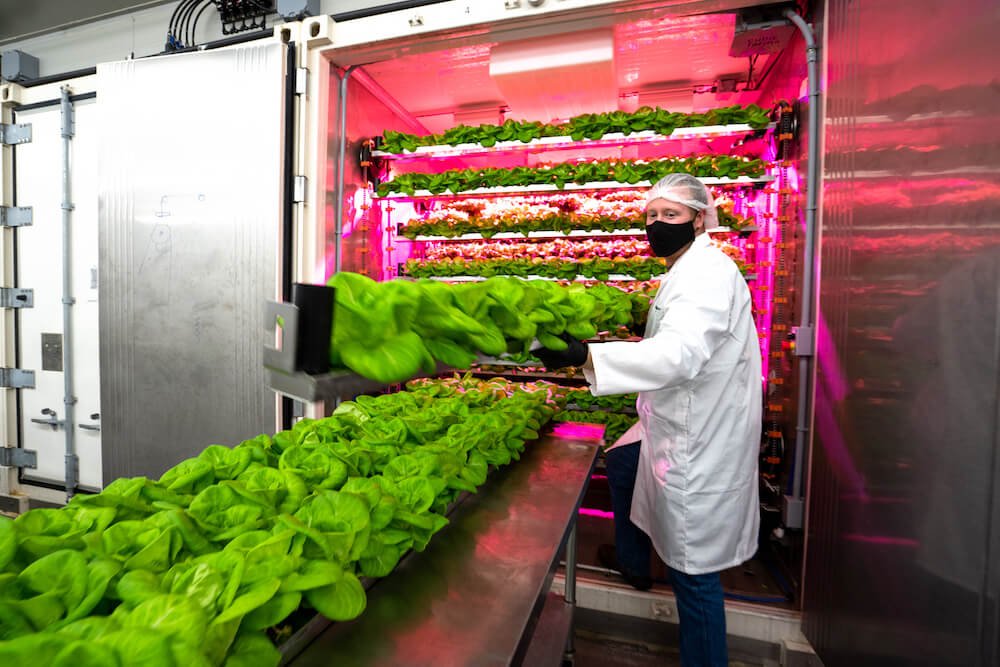California’s Occupational Safety & Health Standards Board (OSHSB) delivered a blow to advancing autonomous equipment in the state. The board voted 4-3 at its June 16 meeting to reject Monarch Tractor’s Petition 596 to amend the state labor code that would “allow for the use of driver optional tractors without a human operator stationed at the vehicular controls within a strict set of safety guidelines.”
Cal/OSHA denied a similar Petition 571 brought by the Association of Equipment Manufacturers in 2019, citing many of the same reasons.
Far West Equipment Dealers Association (FWEDA) joined a coalition of agricultural interests including producers supporting the petition to advance the use of autonomous equipment to improve worker safety, and address labor shortages and an increasing demand for emerging agricultural technology that offers sustainable career development for the future. Growers say driverless equipment would allow them to increase productivity with efficiency and continuous 24-hour operations.
“This is a significant setback in deploying real-world solutions to improve worker safety, increase productivity and adapt emerging technology,” FWEDA President & CEO Joani Woelfel said.
Manufacturers are rolling out fully autonomous tractor models, including John Deere’s debut at CES 2022, which the company says is ready for large-scale production and would be available to farmers later this year. Case IH developed an autonomous concept vehicle in 2016, and other manufacturers are developing several models of autonomous equipment.
“Autonomous and driver-optional machinery provides a multitude of benefits for the agriculture industry, including improved air quality, sustainability and food quality. One of the most tangible and significant benefits, however, is improved farm worker safety,” Monarch CEO Praveen Penmetsa wrote in the petition.
Monarch’s autonomous tractors operate under a temporary variance, and Chief of Staff Jake Winters reported the tractors logged more than 1,300 operating hours during two years of use without accidents, injuries or close calls.
The agency wrote in its decision that the technology “is still very new” and requires human supervision. “While some study has been done in this emerging industry, the current dataset is too small to allow for Cal/OSHA to conclude that safety provided by an autonomous tractor is equivalent to safety provided by a human operator. More information, including information gleaned from the Petitioner’s recently-granted temporary experimental variance, is necessary for determining if an amendment to the regulation is needed. Such data and information will help inform that rulemaking process, should it occur.”
Cal/OSHA acknowledges the International Organization for Standardization (ISO) codified a performance standard for safety and principles of design for the manufacture of highly automated agricultural machines (HAAM). “While the standard does not provide prescriptive requirements or specific benchmarks, it does provide definitions, general principles, and requirements to address the potential hazards of HAAM,” staff noted in its report.
“Automation and technology are not going away, they are here to stay, and this equipment is already being extensively used in agriculture.” California Farm Bureau Labor Affairs Director Bryan Little said. “Whenever you have the opportunity to remove a person from a potentially hazardous situation, that is the best way you can provide worker safety.”
Two OSHSB board members affiliated with labor unions criticized Monarch for not including union stakeholders in their experimental trials. The California Labor Federation, California Legal Assistance Foundation, Worksafe and Operating Engineers Local 3 opposed the petition. Board member David Harrison, financial secretary for the Operating Engineers Local Union #3, said the trial variance should never have been granted. He accused Monarch of misleading the board by working with farms that have no labor representation.
Harrison and board member Laura Stock, director of the Labor Occupational Health Program (LOHP) at U.C. Berkeley, agreed that data from the trial was not sufficient to assess worker safety. Board member Barbara Burgel, U.C. San Francisco Professor Emeritus, also criticized Cal/OSHA for not ensuring labor representation in Monarch’s trial and asked for revisions to the temporary variance that require labor advocates to participate.
OSHSB management representatives who supported the petition said Cal/OSHA and the board were short-sighted. “Unless we embrace it, begin to study and understand it, we’re not going to provide the kind of input and get the kind of feedback we ultimately want,” said board member Chris Laszcz-Davis, who is an occupational health and safety adviser.
“We need to move forward with technology and to protect California workers, and those two goals can be worked on together,” said board member and public representative Nola Kennedy, a professor of Environmental and Occupational Health at California State University, Northridge. “The data we have and obtain from the experimental variance from Monarch is not the only data in existence.”
The same technology used in other states and from other manufacturers’ trials combined with Monarch’s existing trial data can be used to inform Cal/OSHA’s evaluation rather than waiting until 2026 when Monarch’s trial is complete, she added.
“This technology is getting better all the time, and the worker detection systems on these machines for preventing accidents are really good. To take a one-size-fits-all approach to ag equipment technology is absurd,” said University of California Cooperative Extension (UCCE) specialist Steven Fennimore, who has been working with growers to develop robotic and driverless weeding systems. “I’ve heard California is the only state in the U.S. to regulate autonomous ag machines in this manner. Why does California choose to place obstacles to develop this technology? Please think long term.”
“We need to ensure a reasonable level of safety, but we need larger scale use and trials of this technology for proper development and evaluation,” said UC Davis Agricultural Engineering Professor Stavros Vougioukas, who encouraged forming an advisory committee with industry stakeholders. “California can and should lead this effort to develop efficient ag technologies and a safe environment for workers.”
Despite staff, stakeholders and board member recommendations to form an advisory committee to explore concerns and reasons for the petition’s denial, the board directed staff to monitor the status of Monarch’s temporary experimental variance and update Cal/OSHA on its progress and conclusions. Given the state’s powerful labor interests, sources close to the issue don’t expect changes to codes dating to the 1970s any time soon. The denial delays board action until 2026.
“Our people aren’t going to let it go or drop the issue, it’s too important,” said California Association of Winegrape Growers (CAWG) Director of Government Affairs Michael Miiller, who urged the board to approve the petition.













